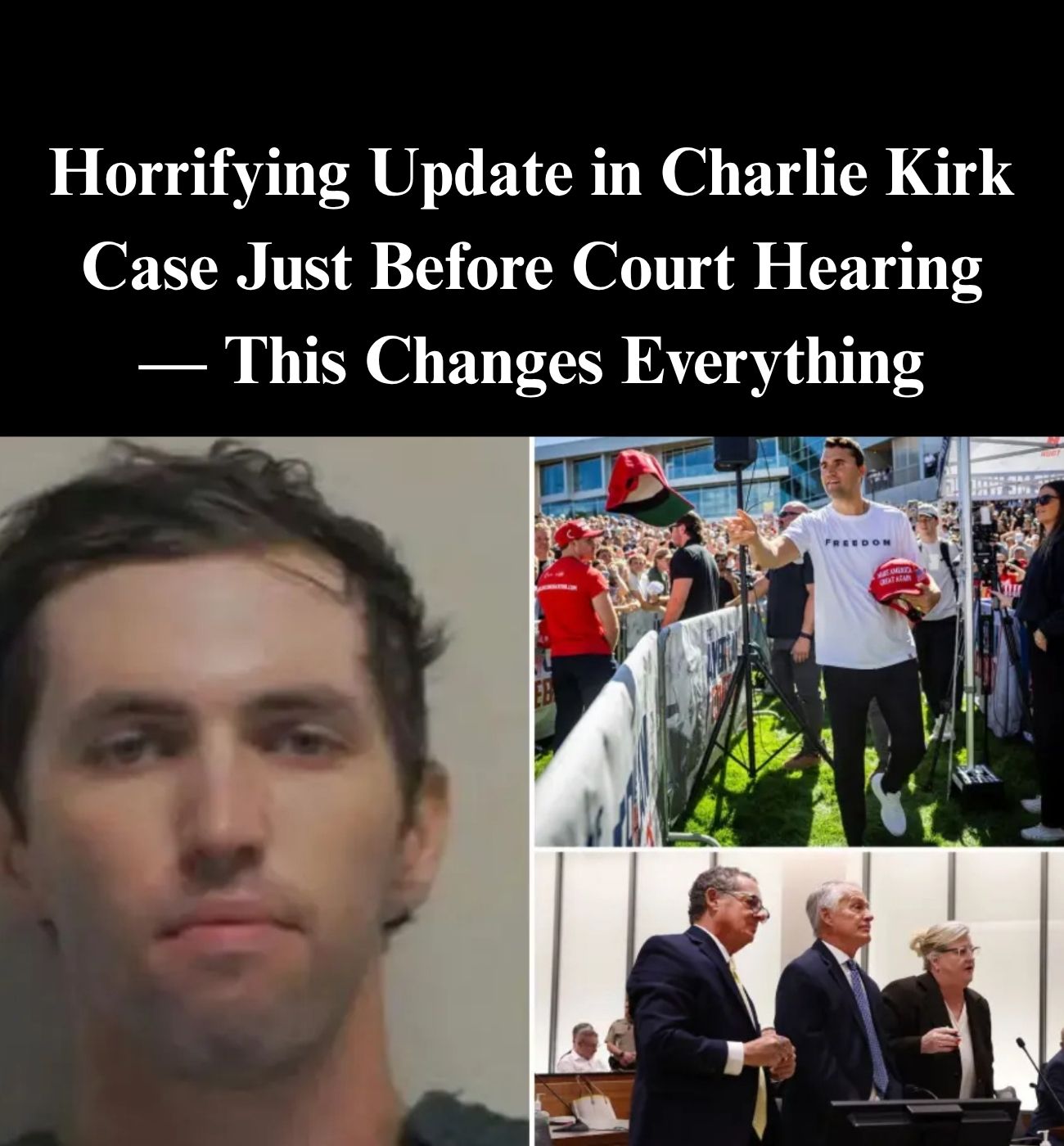The defense for the individual charged with the murder of Charlie Kirk is contesting a recent statement from the prosecution, asserting that they are implicating and representing the sheriff’s office in the criminal proceedings.
Tyler James Robinson, 22, is confronting multiple counts, including aggravated murder, for the alleged shooting and killing of conservative activist Charlie Kirk during an event at Utah Valley University in September.
On October 9, Robinson and his legal counsel submitted a motion requesting an order that would allow Robinson to attend all court hearings in civilian attire and without restrictions. They contended that due to the prominence of this case, appearing in court in prison attire could adversely affect the public perception of Robinson and influence the jury’s “presumption of innocence.”
On October 14, Judge Tony F. Graf, Jr. issued an interim order regarding the motion. He determined that since the motion would not be examined until October 30, a provisional order might be assessed before the hearing.
The court mandated that Robinson serve his motion on the Utah County Sheriff’s Office Corrections Division by October 15 and stipulated that the prosecution must respond by October 20. Subsequently, in light of the state’s answer, Robinson and his legal counsel were mandated to provide a rebuttal by October 22.
On Monday, October 20, the prosecution submitted its response to the motion regarding the wearing of civilian attire without constraints. The response was classified, indicating it is not accessible to the public.
Robinson and his legal counsel have submitted a request to dismiss the State’s response, contending that the Utah County Attorney’s Office (UCAO) prioritized representing the Utah County Sheriff’s Office over its prosecutorial responsibilities.
The move to strike indicates that, although the court initially mandated responses from both the State and the sheriff’s office, this requirement was amended on October 14, necessitating a response only from the State. The court engaged the sheriff’s office in the criminal proceedings by soliciting a response from them.
“It appears that the Court recognized that it would be inappropriate and impermissible to order a non-party in a criminal case to respond to a defendant’s pleading,” Robinson’s attorneys write about the court’s decision not to have the sheriff’s office respond.
The motion to strike further argues that the sheriff’s office should not be treated as a party because it is “fundamentally a witness.” The parties traditionally recognized in a court case are the defense and prosecution, not local law enforcement.
The sheriff’s office, responsible for Robinson throughout his incarceration, employs personnel capable of testifying about him and retains crucial documents pertinent to the case.
Therefore, attorneys assert that their involvement in proceedings beyond these functions is inappropriate.
“Finally, it is concerning to the defense, as it should be to the Court, that the UCAO has conflated its role in this case,” the motion to strike reads.
While the UCAO has different divisions to prosecute and represent the sheriff’s office, Robinson’s attorneys argue that it “appears to have abdicated its role as a party in this case to counsel for” the sheriff’s office.
“It is not appropriate for UCAO to assume a role as counsel for the Sheriff’s Office and allow the Sheriff’s Office to assume standing through UCAO’s participation as a party in this case. The opposite is likewise true — it is not appropriate for the Sheriff’s Office to assume a prosecutorial role in this case, but that is what has occurred,” Robinson’s attorneys conclude.
The defense requests the removal of the response from the record due to insufficient differentiation between the UCAO’s stance and that of the sheriff’s office.
Robinson’s second waiver hearing is scheduled for October 30, during which he will attend in person.
